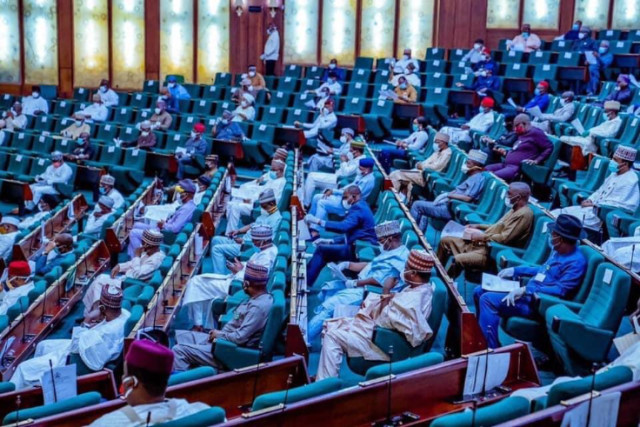The Federal Government in collaboration with federal lawmakers and 28 state Houses of Assembly have resolved to address the situation of malnutrition and food insecurity across the country.
They made the pledge in Abuja at a meeting convened by the House of Representatives Committee on Nutrition and Food Security during the inauguration of the National Legislative Network on Nutrition and Food Security.
Speaker of the House of Representatives, Tajudeen Abbas, during the opening remark said food security was critical to national development.
He said, “We are taking concrete steps to restore hope to the suffering masses as this will guarantee the enhancement of their well-being.
“We need the involvement of the state Assemblies to attain nutrition and food security, and this move is in the right direction to achieve a greater result.
“We shared the people’s pains, discomfort, suffering, and depression following the worrisome cost of food items and the decline in nutrition.”
Also speaking, the Minister of Health and Social Welfare, Prof Ali Pate, urged stakeholders’ to partner in order to fight against malnutrition.
“We have diabetes and hypertension because of the processed food we eat. It is not just the calories, but the diversity of the diet, which is very important,” he said.
He pointed out that malnutrition affects children’s ability to learn, hence, the need to tackle it headlog.
On his part, the Minister of Budget and National Planning, Atiku Bagudu, said nutrition and food security challenges were constitutional issues to be addressed by the three tiers of government.
“Nutrition is a localised issue. There are differences from one community to the next. We need to localise challenges. The resource constraints are one of the challenges of nutrition and food security,” he said.
The Minister of Agriculture, Abubakar Kyari, said there was a need “to identify strategies to prevent and alleviate the suffering of our people. Malnutrition is a major issue in Nigeria, affecting mostly children.”
He identified banditry, kidnapping, and policy framework, among others, as some of the factors responsible for the malnutrition and food crisis in the country.
The lawmaker representing Ehime Mbano/Ihitte Uboma/Obowo Federal Constitution, Chike Okafor, said malnutrition and food insecurity remained a threat to the nation’s socio-economic development.




















